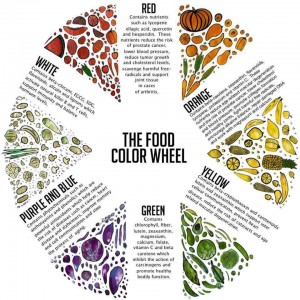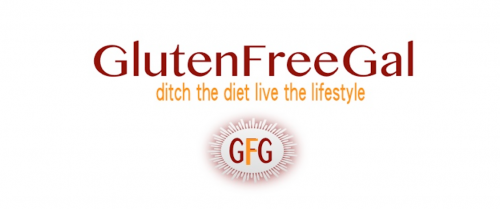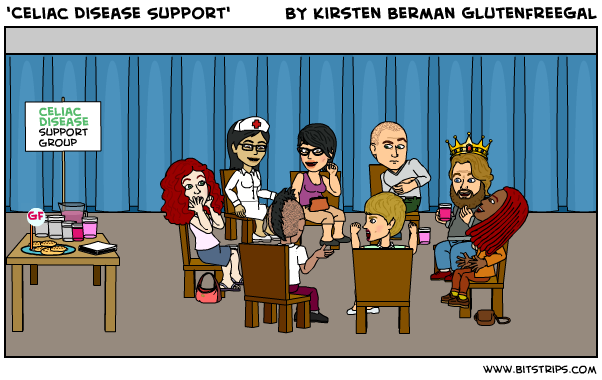Day in and day out we run our bodies into the ground working overtime, stressing out, choosing the cupcake over the apple or a super-sized meal over something nutritious; we make choices.
There are certain vitamins, minerals and phytonutrients that are standouts from the rest when it comes to keeping you healthy; the power of vitamin C is one of them.
The Power of Vitamin C
Vitamin C is a powerful antioxidant that fights dangerous free radicals in the body that can oxidize and cause tissue damage. It is essential to collagen growth, healing wounds, injuries, protecting our DNA and promoting overall recovery. Vitamin C rich foods include:
- Oranges
- Beets
- Kale
- Celery
- Sweet Potatoes
- Blueberries
Brain Health
Vitamin C is essential to making the hormone serotonin, which controls our moods, sleep patterns and stress response. It is also vital for creating the neurotransmitting messenger cells in our brains that travel throughout the body making sure everything is working on harmony.
Eye Health
High concentrations of vitamin C cling to the lens of the eye to protect it from sun damage, preventing free radicals from forming and damaging tissues. This helps in breaking down the formation of cataracts and may help to prevent macular degeneration.
How Does Refrigeration Affect Vitamin C
Once a fruit or vegetable is picked it starts to ripen, sometimes losing nutrients and sometimes gaining them. Since produce contains mostly water, water-soluble vitamins like ‘C’ tend to degrade quicker and can lose a sizable percentage of nutritional value by the time the produce is consumed. Vitamin C, thiamine & B6 are also very light sensitive, which can hasten the loss of nutrients.
Vitamin C and Cooking
How you cook your vegetables and the length of time is directly related to how many nutrients will be retained. Water-soluble vitamins like C or B start to break down when heated and can lose a large percentage of their value.
How Much Vitamin C Do We Need Daily
According to the Mayo Clinic, adults need between 65-90mg a day of vitamin C. To give you an idea of how much that is, a medium sized orange contains 69mg of vitamin C.
Supplements
Scientists have been studying the power of vitamin C in supplements compared to food sources to measure the beneficial effects. A study in the National Library of Medicine found that supplementation of vitamin C “had little effect on cellular levels” compared to eating it in foods. This goes back to how quickly vitamin C degrades in various situations.
Vitamin C has long been known as the cold protector and for very good reason, but studies are showing that it is not vitamin C alone that is boosting the immune system, fighting cancer and the roaming free radicals. Vitamin C seems to work best when we eat or drink it, instead of relying on supplementation to provide what the body needs. One reason is because scientists believe that other nutrients working in harmony with the vitamin C, is what boosts the protection.
Eat your daily rainbow to stay healthy.



















